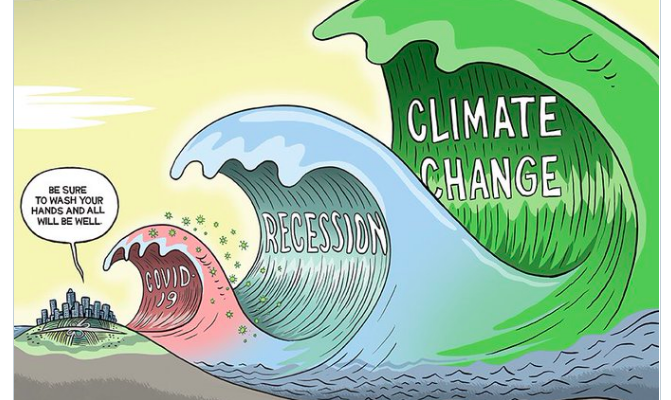The pandemic and runaway climate change have underlined the urgency to recognize the rights of the urban poor. In 2020, around the world, ten million children with their families were forced to flee their homes due to the climate crisis and this figure is three times higher than people displaced by conflicts.
Over the last decade the residents of Namuwongo, one of the largest slums in Kampala, Uganda’s capital, have had a front-row seat on the devastating impacts of climate change. During this time the weather pattern has changed with more frequent and heavy rains. The new weather has negatively affected the resident with devastating flash floods amplified by drain channels clogged with bunches of plastic bags and bottles that lead the latrines to overflow causing recurrent cholera outbreaks. “My house is near a drain channel and at every heavy rain, we are terrified. If you see our room, our things are all hung up or into shelves” says Faith, 24, a Namuwongo resident and mother of two. Last year, during a heavy downpour, Faith’s youngest son almost drowned when a wave of flood nearly swept the house out. Luckily, the older brother rescued him before he drifted into the channel. Namuwongo’s roughly 80,000 residents are examples of the new levels of extreme vulnerability caused when poverty, haphazard urban planning and pollution are mixed with radical climate change. The vulnerability occurring in Namuwongo isn’t unique and this story shows the devastating impact that the climate crisis is already having on the lives of the little ones and is a powerful reminder that children are at the heart of this crisis… robbed of their childhood today and stripped of their future tomorrow.
The steadily increasing impacts of global warming, compounded with those of the pandemic, are exposing urban inequalities the hard way. Like Faith and her boys, nearly one billion residents of informal settlements across the world are disproportionately and unjustly bearing the brunt of climate change, greatly compounding their vulnerability. Up to now ignoring such issues has been easy. But as the climate crisis and urban poverty collide, inaction by wealthy countries becomes harder to justify. The structural cycle of exclusion of the most marginalized communities must be broken if we hope to effectively channel the recovery phase as an opportunity to build cities that leave no one behind.
The pandemic has underlined the pressing need to recognize the rights of the urban poor and to overturn decades of chronic abandonment, underinvestment and mismanagement that have left them exposed to disease outbreaks and climate impacts. We cannot afford to continue ignoring people living in urban slums and working in the informal economy. They deserve the same rights as everyone else in our cities, including that of having a healthy environment, newly recognized as a human right by the United Nations. Recent research shows that babies born in 2020 will be exposed to excessive heat waves on average seven times more than their grandparents, with peaks of 18 times more. Today’s newborns will also be hit 2.6 times more by drought, 2.8 times more by river flooding, nearly 3 times more by loss of agricultural crops, and double by devastating fires. This is why we must act now!
HCU want to help and meet the needs of countless children and youth in mitigating climate change.
The contribution to this gesture can be easily done online, from the link below.


